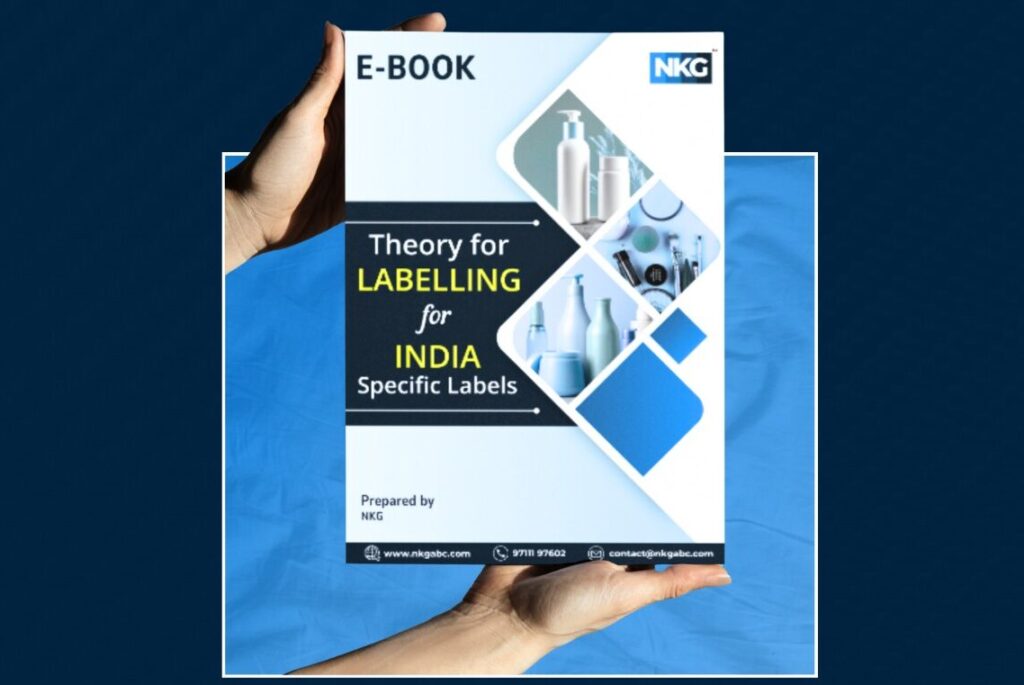Introduction:
In today’s age of globalization, businesses are constantly seeking opportunities to expand their reach and tap into new markets. One such lucrative market for baby diaper manufacturers is India, with its burgeoning population and growing demand for quality childcare products. However, to successfully export baby diapers to India, manufacturers must navigate the intricate regulatory landscape, including obtaining the coveted Bureau of Indian Standards (BIS) certification.
This comprehensive blog post aims to guide exporters through the process of obtaining BIS certification for baby diapers, ensuring compliance with Indian standards and regulations. We’ll delve into the importance of BIS certification, the applicable standards, the certification process, and the required documentation.
Now CSDCO is also regulating baby diapers: Click Here to read
Understanding the Importance of BIS Certification for Baby Diapers:
The Bureau of Indian Standards (BIS) is the national standards body responsible for setting and enforcing quality standards for various products, including baby diapers. BIS certification is mandatory for disposable baby diapers sold or imported into India, ensuring that these products meet stringent quality and safety requirements.
Obtaining BIS certification for baby diapers not only demonstrates compliance with Indian regulations but also instills confidence in consumers regarding the product’s quality, safety, and reliability. In a market where consumer trust is paramount, BIS certification can serve as a powerful differentiator, enabling manufacturers to gain a competitive edge and establish a strong foothold in the Indian market.
Applicable Indian Standard for Baby Diapers:
Product Name | Disposable Baby Diaper Specification |
Applicable Indian Standard | IS 17509: 2021 |
Applicable Certification Scheme | Product Certification Scheme (ISI Mark Scheme) Scheme 1 – Schedule 2 |
Compliance Requirement | |
QCO Link | |
Scope as per Standard | This standard covers the requirements for disposable (non-reusable) baby diapers for external use. |
Additionally, the standard specifies performance requirements such as pH value, rate of absorption, rewet under load, minimum absorption capacity, and biocompatibility evaluations for cytotoxicity, irritation, and skin sensitization.
Compliance with IS 17509:2021 is crucial for ensuring the quality, safety, and efficacy of baby diapers exported to India.
Step-by-Step Process and Documents required for BIS Certification for Baby Diapers:
Your Step-by-Step Guide for BIS Registration Process (Foreign Manufacturer Under FMCS)- Download Now
Download our simplified step-by-step guide to understand, how can you get BIS Certification (Under FMCS) for Baby Diapers and what are the documents required for that . Streamline your licensing journey and ensure compliance with ease.
Your Step-by-Step Guide for BIS Registration Process (Indian Manufacturer)- Download Now
Download our simplified step-by-step guide to understand, how can you get BIS Certification for Baby Diapers (for Indian Manufacturers) and what are the documents required for that . Streamline your licensing journey and ensure compliance with ease.
Conclusion:
Obtaining BIS certification for baby diapers is a crucial step for manufacturers looking to enter the lucrative Indian market. By adhering to the stringent quality standards outlined in IS 17509:2021 and following the comprehensive certification process, exporters can demonstrate their commitment to product excellence and consumer safety.
BIS certification for baby diapers is more than just a regulatory requirement; it’s a testament to a manufacturer’s dedication to quality and a crucial step towards gaining the trust and loyalty of Indian consumers. By offering BIS-certified baby diapers, exporters can position themselves as reliable and trustworthy brands, setting the stage for long-term growth and success in this dynamic and competitive market.
As the demand for quality childcare products continues to rise in India, the opportunity for baby diaper exporters is ripe for the taking. By navigating the BIS certification process effectively and optimizing products for the Indian market, manufacturers can unlock new avenues for growth and establish a strong foothold in this promising market.







